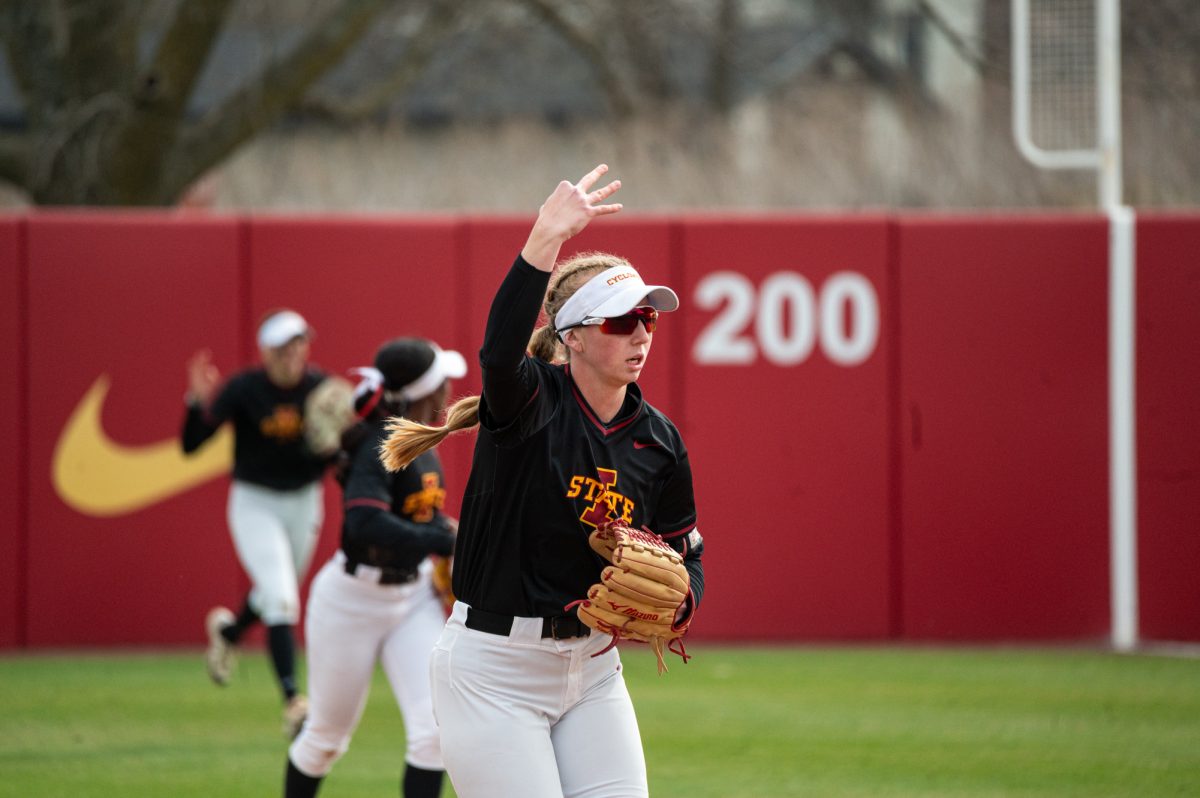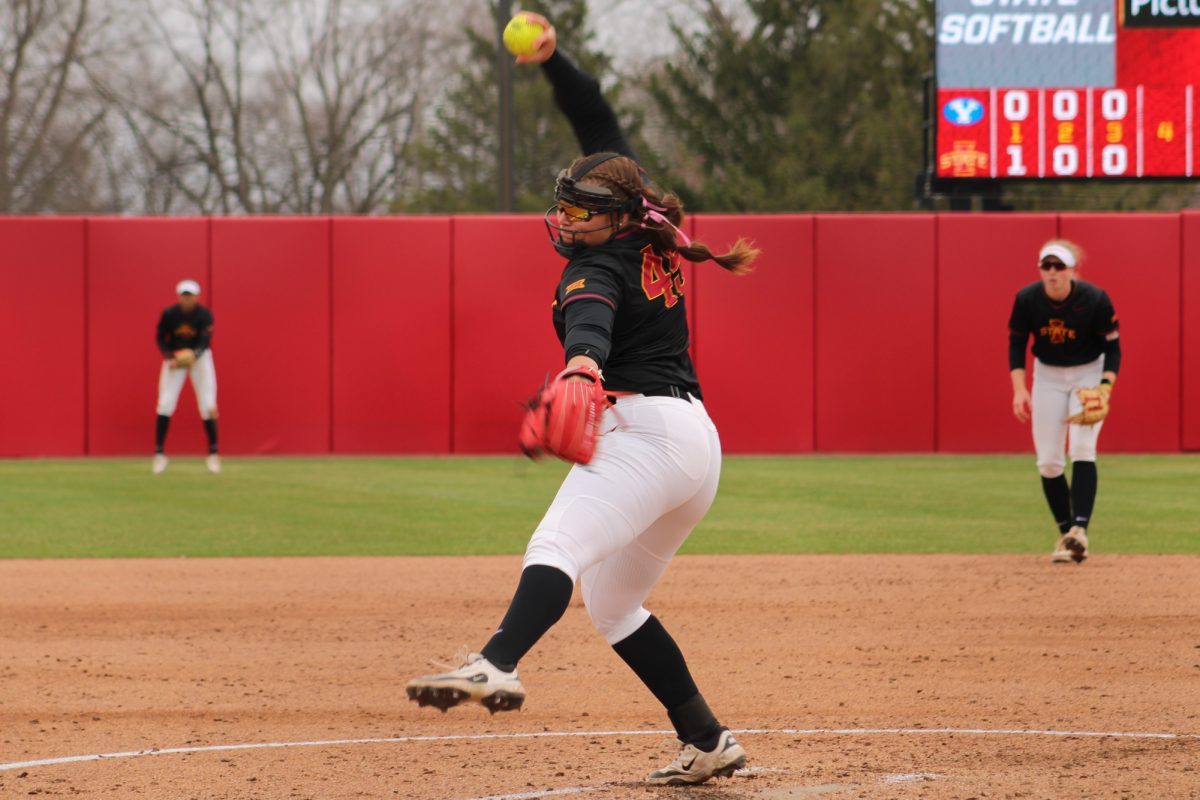World Food Prize focuses on GMOs
October 12, 2000
While the controversy over genetically modified crops has sparked protests on the ISU campus, the topic is drawing world food and agricultural leaders to Des Moines for the 2000 World Food Prize International Symposium.
More than 300 attendees arrived at the Marriott Hotel Thursday morning for a symposium titled “The Safety of Genetically Modified Crops and Their Role in Feeding Developing Countries in the 21st Century.”
“We’ve had an overflow of unprecedented level of interest in this year’s event,” said Kenneth Quinn, president of the World Food Prize Foundation. “Our symposium is covering a very stimulating topic – issues around the safety of genetically modified organisms as well as their potential role of feeding the undeveloped countries of the 21st century.
“I think the combination of our laureates [past World Food Prize winners], our speakers and of course our own Nobel Laureate Dr. [Norman] Borlaug makes this one of the most impressive assemblies with the distinguished scientists and talent of food and agriculturists ever put together,” he added.
Lt. Gov. Sally Pederson said Iowa is fortunate to have so many of today’s leaders in food, agriculture and science as a part of our history.
Thursday began with opening ceremonies featuring Quinn, John Ruan, chair of the World Food Prize Foundation, Borlaug, 1970 Nobel Peace Prize Laureate, and Iowa Gov. Tom Vilsack.
The World Food Prize was started 14 years ago, and each year the number of symposium participants has grown.
“This year the topics that we are discussing are particularly relevant to many of these issues, agricultural research and its use,” Borlaug said. “I insist that we need it. . Gradually over time we must have it if we’re going to continue to keep this population without destroying all of the environment. The land is saved by the use of high-yield technology.”
Vilsack said he is preparing Iowa to be the bread basket of the world. Iowa has 56,000 square miles of land – about 50,000 square miles are dedicated to agriculture production.
Vilsack said he was proud to host the World Food Prize Foundation, proud of the state’s farmers and also the continued research that occurs in the state.
“We’re also proud of our educational institutions, Iowa State University and the University of Iowa in particular, for their contributions to the science of food production and the science of healthy living,” he said.
Vilsack and North Dakota Gov. Edward Schafer held a panel session on world hunger. Other panels included an overview of GMOs, agricultural biotechnology and its global potential, ethical and environmental safety issues, the role of GMOs in feeding developing countries, biotechnology from a European view and a discussion with past laureates.
The symposium will conclude this afternoon. Monday is World Food Day, and many attendees will be traveling to New York for an introduction into the United Nations Diplomatic Corps, featuring U.S. Secretary of Agriculture Dan Glickman and Ambassador Richard Holbrooke, the U.S. permanent representative to the United Nations.






